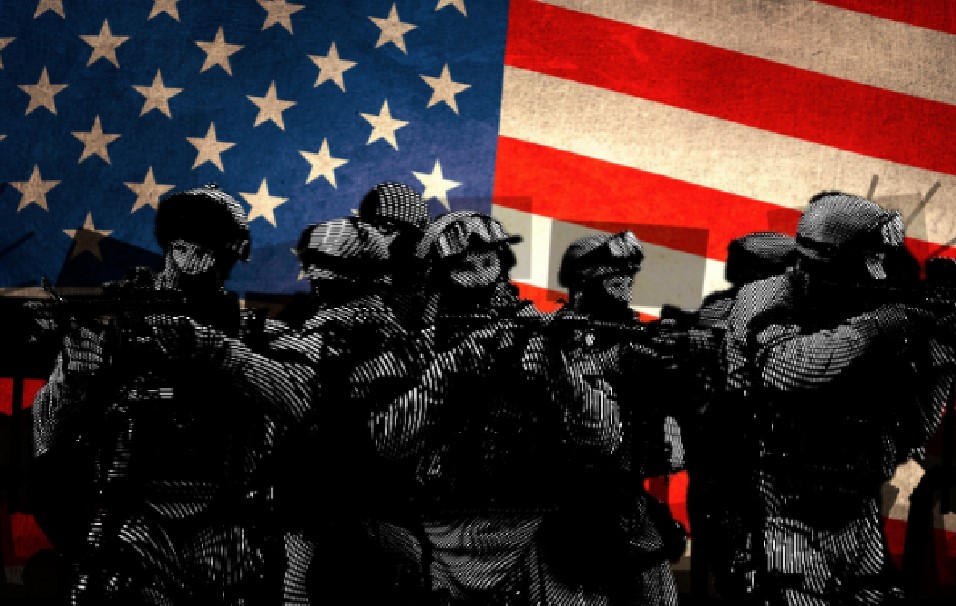by Jon Miltimore, Activist Post:

The U.S. 9th Circuit Court of Appeals ruled that the bureau violated the constitutional rights of safe-deposit box holders whose property was seized without probable cause, something the warrant explicitly prohibited.
A squad of FBI and Drug Enforcement Administration agents in March 2021 raided the Beverly Hills location of a company, U.S. Private Vaults, suspected of criminal activity.
Over several days, agents wearing masks photographed evidence, seized jewels, gold bullion, and coins, and confiscated some contraband (mostly drugs) from 1,400 safe-deposit boxes rented by an array of people, including a retired doctor, a saxophone player, a retired floor contractor, and at least two attorneys.
TRUTH LIVES on at https://sgtreport.tv/
U.S. Private Vaults, which was headquartered in Nevada, pleaded guilty to charges of money laundering and conspiracy the following year. (No one went to prison, and the company is no longer in business.) But it turns out U.S. Private Vaults wasn’t the only party that broke the law.
Last month, the U.S. 9th Circuit Court of Appeals ruled that the bureau violated the constitutional rights of safe-deposit box holders whose property was seized without probable cause, something the warrant explicitly prohibited.
To understand just how far the FBI overstepped its authority, it’s worth examining the case of Don Mellein, a retired civil servant from California.
Mellein was one of hundreds of people who had a safe-deposit box at U.S. Private Vaults, where he kept hundreds of thousands of dollars of coins for safekeeping.
When the FBI raided U.S. Private Vaults, it didn’t just search Mellein’s safe-deposit box. It seized his coins, something the FBI had explicitly said it wouldn’t do when it requested a warrant to raid U.S. Private Vaults (more on that in a minute).
Numerous other plaintiffs such as Mellein had their property taken simply because they were unlucky enough to have entrusted it to a company that was involved in some degree of criminal activity.
That the FBI had the chutzpah to ignore the judge’s warrant, which explicitly “d[id] not authorize a criminal search or seizure of box contents,” did not sit well with the court.
Judges called the seizures “egregious” and “outrageous” during oral arguments, comparing them to the Revolutionary War practices of the British, who would search and seize the property of colonials without probable cause.
“It was those very abuses of power,” the 9th Circuit Court noted, “that led to adoption of the Fourth Amendment in the first place.”
The Fourth Amendment protects the “right of the people to be secure in their persons, houses, papers, and effects, against unreasonable searches and seizures,” but it’s something for which the FBI agents had little regard.



